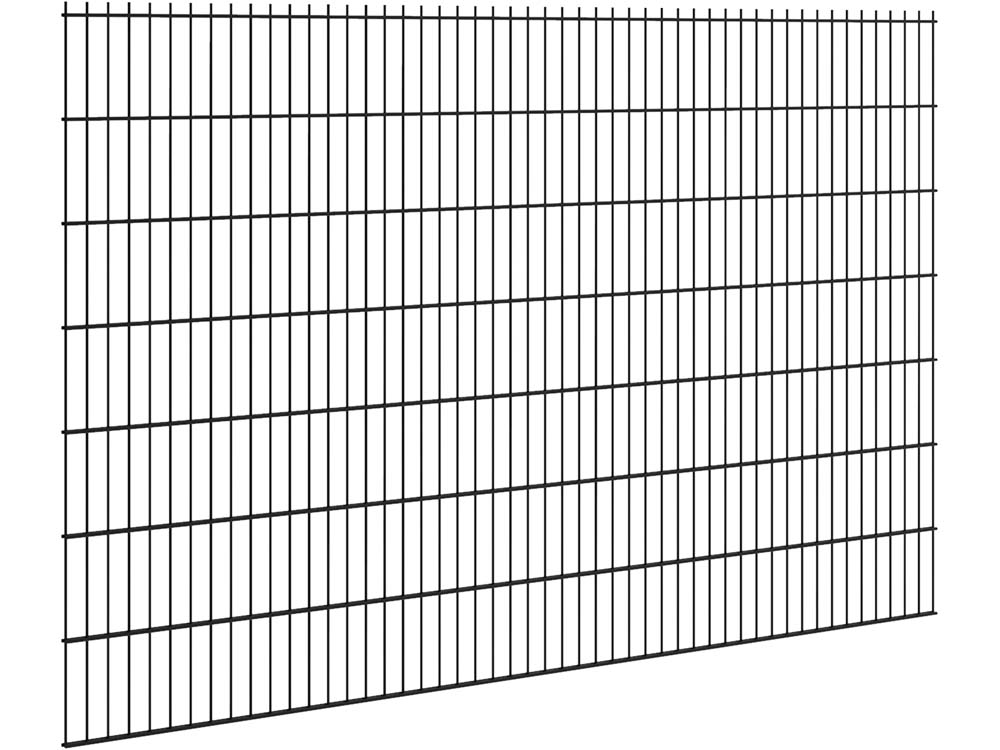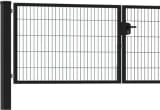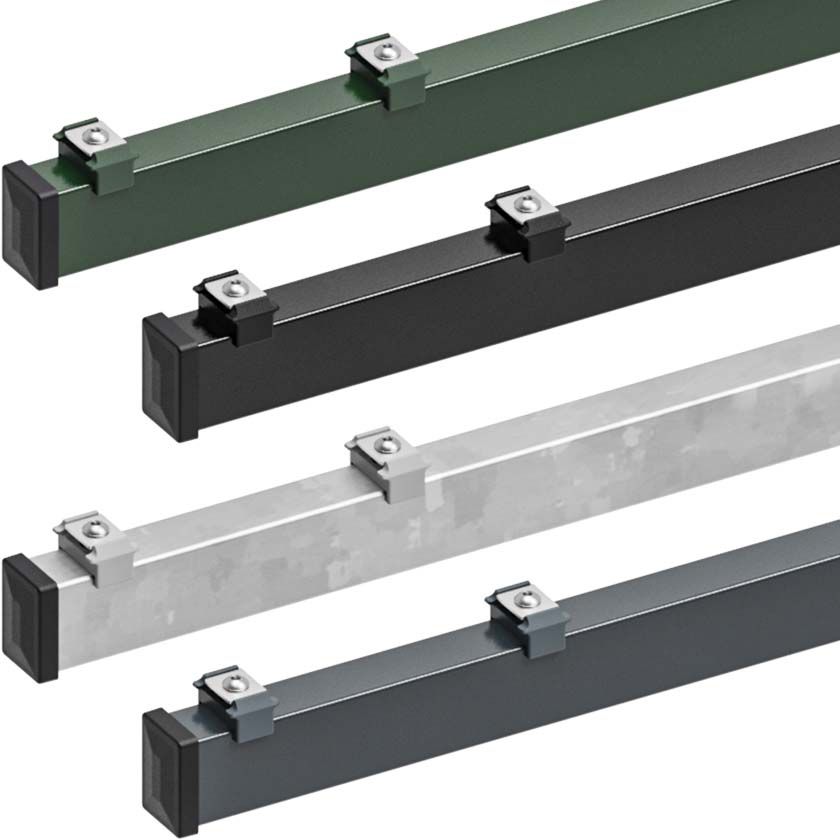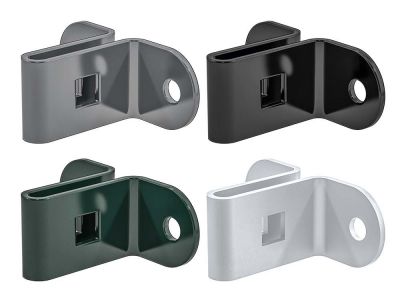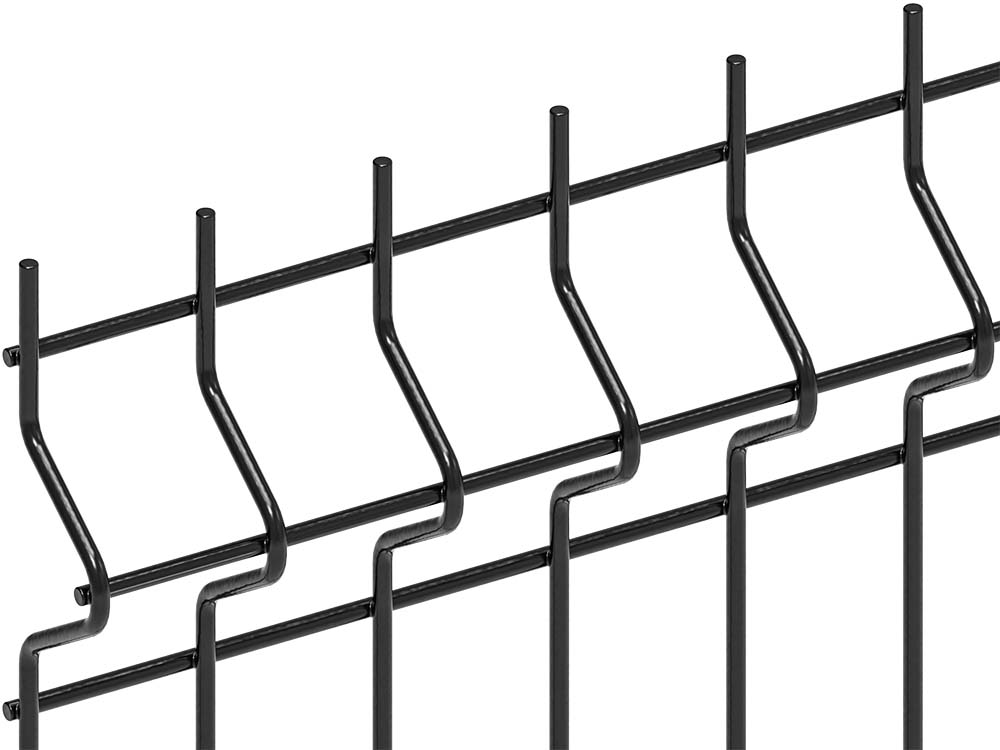Douglas fencing
Douglas fir (Pseudotsuga menziesii), often referred to as Douglas wood or Douglas fir wood, is a type of softwood tree that is commonly used in construction, including for making fences.
-
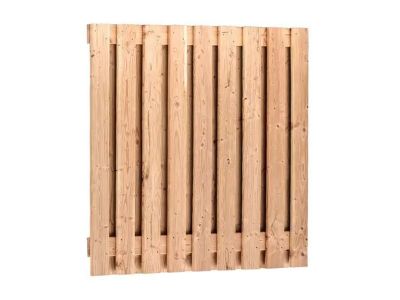
 Douglas garden fence | Width 180 cm | Height 180 cm
Douglas garden fence | Width 180 cm | Height 180 cm- Width 180 cm
- Height 180 cm
- Douglas wood
- Stainless steel screwed
As low as 94.95 -
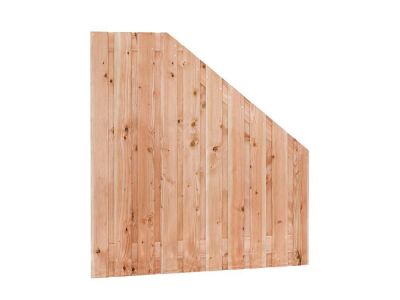 Douglas garden fence | Width 180 cm | Inclined | 21 Planks
Douglas garden fence | Width 180 cm | Inclined | 21 Planks- Tapered from 180cm to 90cm height
- Douglas wood
- Stainless steel screwed
139.95 -
 Red Class garden fence | Width 180 cm | Inclined | 21 Planks
Red Class garden fence | Width 180 cm | Inclined | 21 Planks- Tapered from 180cm to 90cm height
- Red Class wood
- Stainless steel screwed
£139.95 -
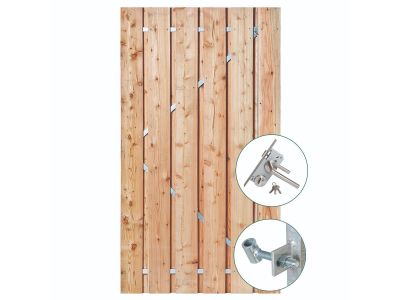 Douglas garden gate | Height 190 cm | Natural colour
Douglas garden gate | Height 190 cm | Natural colour- Available in different width
- Douglas wood
- Adjustable frame
- Easy to install
As low as 195.95 -
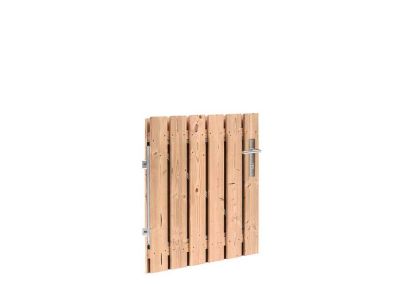 Douglas garden gate | Width 100 cm | Height 100 cm | With mounting
Douglas garden gate | Width 100 cm | Height 100 cm | With mounting- Douglas wood
- Adjustable frame
- Easy to install
205.95 -
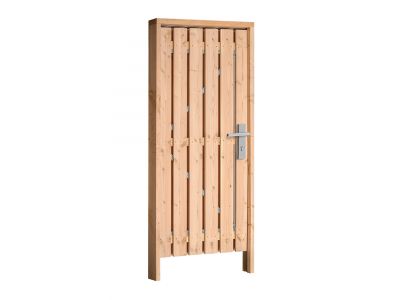 Douglas garden gate | incl. hardware and frame | Height 190 cm
Douglas garden gate | incl. hardware and frame | Height 190 cm- Width of frame 8.8 cm (on top of selected dimension)
- Douglas wood
- Adjustable hinges
- Supplied complete
- Left or right hand turning
As low as 215.95

